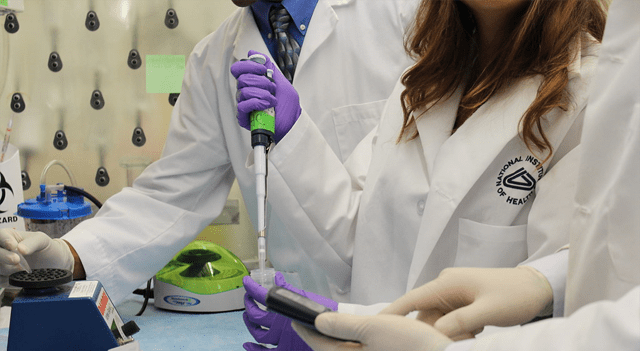BioNTech SE (NASDAQ:BNTX) shares rose 2.9% on Monday after the German biotech firm reported third-quarter revenue that far exceeded expectations, even though it posted a loss where analysts had forecast a profit.
The company also raised its full-year 2025 revenue outlook, citing stronger-than-expected results from its collaboration with Bristol Myers Squibb (NYSE:BMY).
For the third quarter, BioNTech generated €1.52 billion in revenue, well above the €1.01 billion consensus estimate. However, it recorded a net loss of €0.12 per share ($0.14), missing expectations for a €0.10 per share profit.
The sharp revenue increase was largely driven by a $1.5 billion milestone payment from Bristol Myers Squibb as part of their oncology partnership.
“In the third quarter, we made substantial progress in executing against our oncology strategy,” said Prof. Ugur Sahin, BioNTech’s CEO and Co-Founder. “Our collaboration with Bristol Myers Squibb on pumitamig is already demonstrating the strength of this partnership, with multiple additional pivotal trials in preparation.”
BioNTech raised its full-year 2025 revenue forecast to €2.6–2.8 billion, up from €1.7–2.2 billion previously, surpassing the analyst consensus of €2.41 billion. The company also trimmed its spending guidance, now expecting R&D expenses of €2.0–2.2 billion, SG&A costs of €550–650 million, and capital expenditures of €200–250 million.
As of September 30, BioNTech reported a cash and investment position of €16.7 billion, strengthened by the payment from Bristol Myers Squibb.
The company continues to expand its oncology pipeline, citing positive interim results from a Phase 2 trial of pumitamig, a bispecific antibody for extensive-stage small cell lung cancer. Additional pivotal studies are planned for first-line microsatellite stable colorectal cancer and first-line gastric cancer.
Meanwhile, BioNTech also launched its variant-adapted COVID-19 vaccine for the 2025/2026 vaccination season in several regions, reinforcing its leadership in both infectious disease prevention and cancer immunotherapy.
